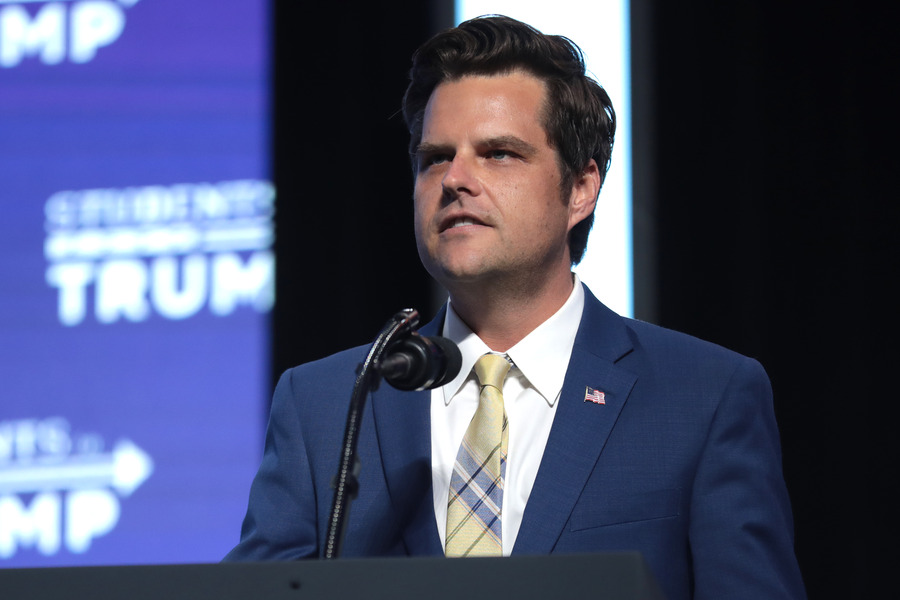The Libyan Afterparty Continues
Walter Russell Mead coined the phrase “Libyan afterparty” to describe the many unintended and unhappy consequences – especially for the rise of Islamist terrorist power centers in Northern Africa – of the 2011 U.S.
Published by The Lawfare Institute
in Cooperation With

Walter Russell Mead coined the phrase “Libyan afterparty” to describe the many unintended and unhappy consequences – especially for the rise of Islamist terrorist power centers in Northern Africa – of the 2011 U.S. and NATO invasion of Libya. (Some of Mead’s terrific posts on the issue can be found here and here and here and here and here and here; there are more.) The afterparty continues this week. Here is Mead today:
The full extent of the damage caused by the Libyan afterparty is slowly becoming clear, as bad news from Mali continues to trickle in. Flooded with weapons and veterans from Libya, the northern half of Mali has become a Texas-sized Saharan safe haven for al-Qaeda and affiliates. Newly galvanized young men from across the region are drawn to the fighting, which threatens to destabilize much of West Africa. The U.S. commander of AFRICOM has noticed, reports the New York Times: "As each day goes by, Al Qaeda and other organizations are strengthening their hold in northern Mali,” General Ham said in remarks at the Homeland Security Policy Institute at George Washington University. “There is a compelling need for the international community, led by Africans, to address that.” [...] The Qaeda North Africa affiliate is now considered one of the best armed and wealthiest of the Qaeda franchises across the world, largely because of millions of dollars gained in kidnapping ransoms, drug proceeds and illicit trafficking in fuel and tobacco, General Ham said.And on top of this bad news the NYT is now reporting that secret U.S.-blessed Qatari arms shipments to Libyan rebels last year ended up in the hands of Islamic militants. The story ominously states:
No evidence has emerged linking the weapons provided by the Qataris during the uprising against Col. Muammar el-Qaddafi to the attack that killed four Americans at the United States diplomatic compound in Benghazi, Libya, in September. But in the months before, the Obama administration clearly was worried about the consequences of its hidden hand in helping arm Libyan militants, concerns that have not previously been reported.
Jack Goldsmith is the Learned Hand Professor at Harvard Law School, co-founder of Lawfare, and a Non-Resident Senior Fellow at the American Enterprise Institute. Before coming to Harvard, Professor Goldsmith served as Assistant Attorney General, Office of Legal Counsel from 2003-2004, and Special Counsel to the Department of Defense from 2002-2003.


-(1).jpeg?sfvrsn=143eb65_5)
.jpg?sfvrsn=d5e57b75_5)

